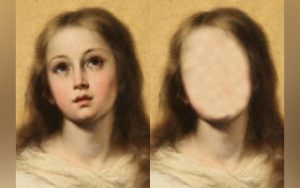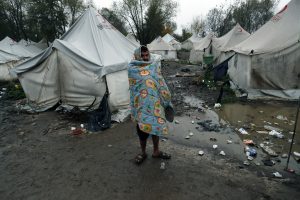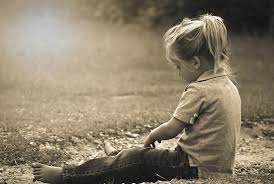Did you notice how, when surprised or caught unawares, some people will explain:
“My God!”
The words come not as a prayer but as a spontaneous exclamation.
And yet, it could be a prayer… and it could be more than a prayer –
it could be the sign that the words of Isaiah in the 1st reading of the Christmas night mass (Isaiah 9:1-6)
have been really understood.
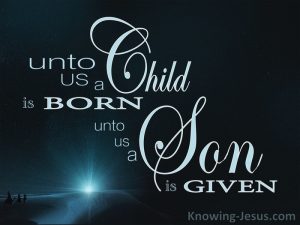 Because this is the true meaning of CHRISTMAS:
Because this is the true meaning of CHRISTMAS:
“To us a child is born,
to us a son is given.”
If only, this time – this Christmas – we could discover, understand, and appropriate this reality.
Appropriate, yes, make it our own – God is OUR God, God is God-with-us – this is his name.
How is it that we have come to imagine a distant God, remote from our human experience?
How did we miss what he has been trying to make us understand for so long?
Why do we find it so hard to accept that his idea of what God should be is the right one?!
Why do we constantly go back to the gods of the past, the gods known before Jesus was born a small child –
Born from a human mother, a woman of our race – that he could in truth claim us as his own.
He has claimed us as his own so that we may claim him as ours – indeed OUR God.
A child born to us, a son given to us.
This is Christmas – “MY God!” how amazingly wonderful!
Note: Another reflection on a different theme is available in French at: https://image-i-nations.com/fete-de-noel-annee-b-2020/

 These are the very words with which the angel Gabriel greeted Mary.
These are the very words with which the angel Gabriel greeted Mary.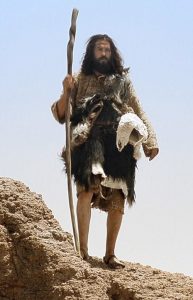 In today’s gospel (Jn.1:6-8,19-28), we meet John the Baptist with the people sent to question him on his true identity.
In today’s gospel (Jn.1:6-8,19-28), we meet John the Baptist with the people sent to question him on his true identity. 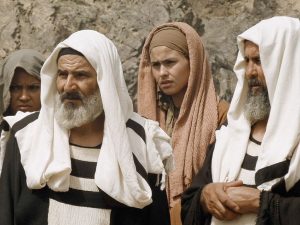


 All kinds of things and situations can keep us awake.
All kinds of things and situations can keep us awake.

 His presence can become close and very real in whatever happens if only we are alert,
His presence can become close and very real in whatever happens if only we are alert, In many areas of Quebec Province, countless orange cones raise their heads – they seem to be everywhere.
In many areas of Quebec Province, countless orange cones raise their heads – they seem to be everywhere.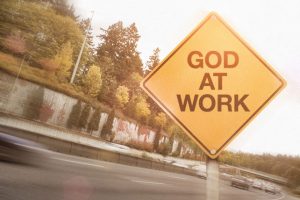
 The text of the 2nd reading of this Sunday could be addressed to us, and it is!
The text of the 2nd reading of this Sunday could be addressed to us, and it is!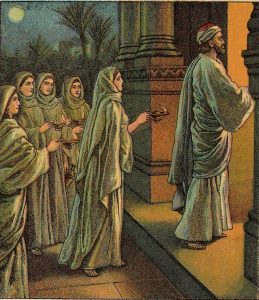 Such situations are not serious and of not much consequence.
Such situations are not serious and of not much consequence.
 There are people especially skillful in picture or image restoration.
There are people especially skillful in picture or image restoration.